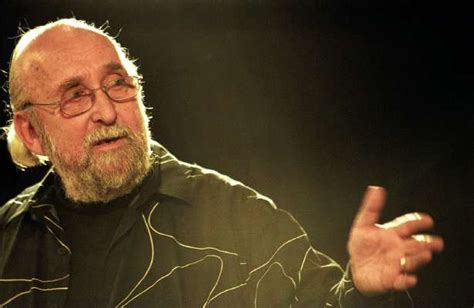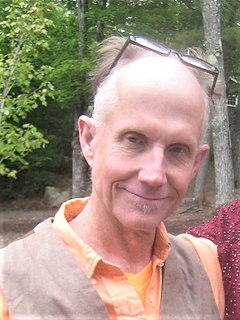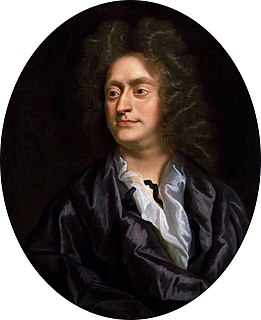A Quote by Maya Angelou
Poetry is music written for the human voice.
Related Quotes
I'm saying that the domain of poetry includes both oral & written forms, that poetry goes back to a pre-literate situation & would survive a post-literate situation, that human speech is a near-endless source of poetic forms, that there has always been more oral than written poetry, & that we can no longer pretend to a knowledge of poetry if we deny its oral dimension.
The thing that separates Sophie from the music I do for other people is that it's 100% written by me. In the past, I've written my songs and then asked friends if they could record the vocals. I didn't want to use my own voice, because other people have much better voices. I was hearing the music with a voice that I don't have.
In the past, I've written my songs and then asked friends if they could record the vocals. I didn't want to use my own voice, because other people have much better voices. I was hearing the music with a voice that I don't have. It was a case of pulling whatever resources I had to get the sound I wanted, but that doesn't take anything away from the authorship. They are songs written by me that sound the way I want them to sound. Whether it's my voice or someone else's doesn't make a difference to the music.
So much of what I love about poetry lies in the vast possibilities of voice, the spectacular range of idiosyncratic flavors that can be embedded in a particular human voice reporting from the field. One beautiful axis of voice is the one that runs between vulnerability and detachment, between 'It hurts to be alive' and 'I can see a million miles from here.' A good poetic voice can do both at once.
What has praise and fame to do with poetry? Was not writing poetry a secret transaction, a voice answering a voice? So that all this chatter and praise, and blame and meeting people who admired one and meeting people who did not admire one was as ill suited as could be to the thing itself- a voice answering a voice.
All great questions must be raised by great voices, and the greatest voice is the voice of the people - speaking out - in prose, or painting or poetry or music; speaking out - in homes and halls, streets and farms, courts and cafes - let that voice speak and the stillness you hear will be the gratitude of mankind.




































